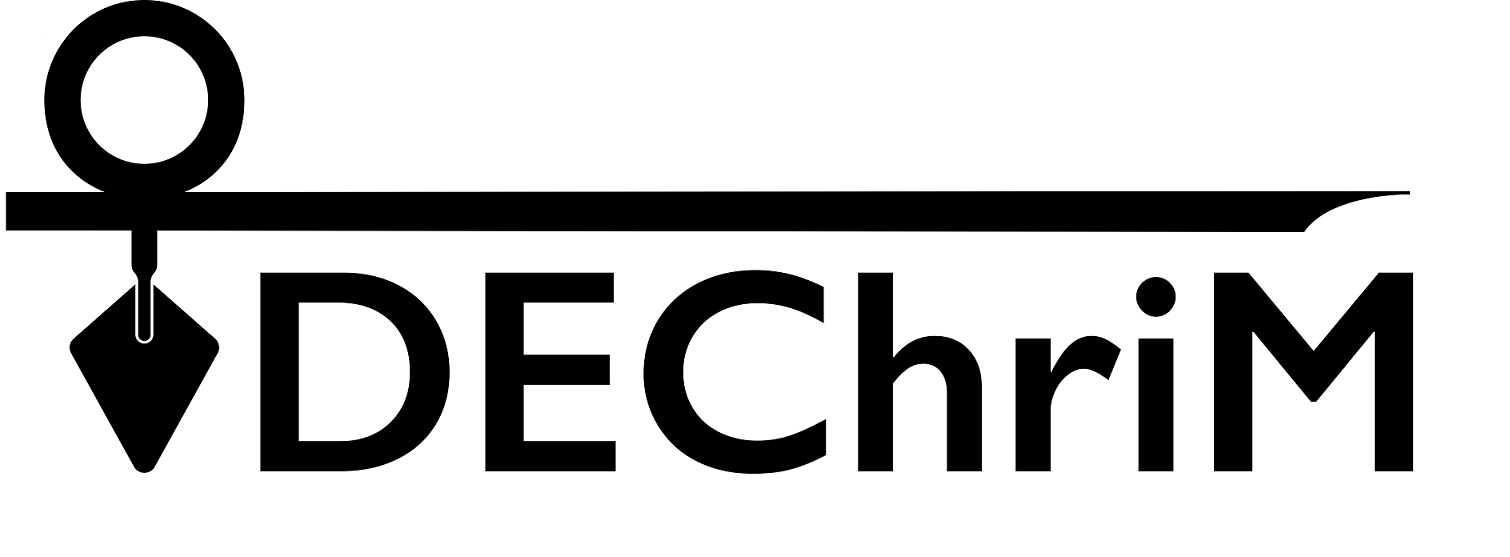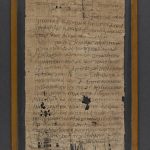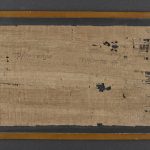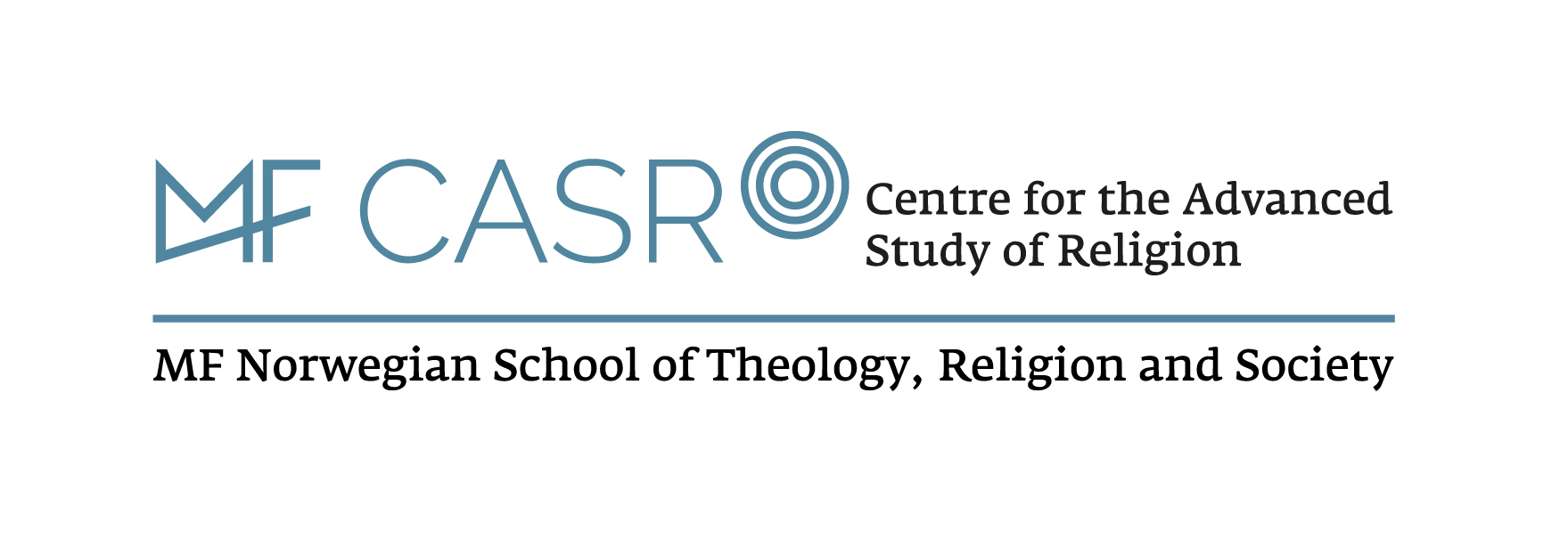| Artefact ID | 169 |
| TM ID | TM 10028 |
| Findspot (DEChriM ID) | 50 (Qaṣr Qārūn) | Class | Textual |
| Material | Papyrus |
| Writing medium | Sheet/roll |
| Text content | Documentary |
| Language | Greek |
| Archive/Dossier | Archive |
| Description | P.Abinn. 31; P.Lond. II 239: Letter of Thareotes to Abinnaeus. This letter, addressed to Fl. Abinnaeus, commander of the cavalry (praefectus alae) stationed in a fortress in Dionysias, starts with "greetings in God" (ἐν θ(ε)ῷ χαίρειν) and prayers "before the Lord" (παρὰ τῷ κ(υρί)ῳ). Thareotes recommends his nephew to Abinnaeus' attention, encloses a number of delicacies, and begs Abinnaeus to have the hemp ready against his visit in March when he will be bringing the huntsmen to make nets. Obscure Greek. On the question of whether Abinnaeus was a Christian and for his relationship with monks and clergy, see Barnes 1985: 373-374, Choat 2006: passim, Choat 2017: 47.
Recto: large cursive; text runs along the fibres. Verso: address, along the fibres. |
| Selection criteria | Christian terms/formulas/concepts, Nomina sacra |
| Date from | 342 |
| Date to | 351 |
| Dating criteria | Dated to ca. 346 in ed. pr. According to Gallazzi (2015: 177-178), all of the dated texts of Abinnaeus archive are dated between 343 and 351 AD, that is, in the period in which Abinnaeus exercised his functions of praepositus of the castra (342-351). |
| Absolute/relative date | Relative date |
| Archaeological context | Purchased as part of a lot comprising Papyri 229-255 from the Reverend Chauncey Murch (b. 1856, d. 1907) on 14 January 1893 (British Library website). While it was previously thought that Fl. Abinnaeus' archive was found in Philadelpheia where he went to live after his retirement, Gallazzi 2015 argued that Fl. Abinnaeus should have left his papers in his office (or in his lodgings), in Dionysias, when he left the army and handed over the command of the castra to others. The material would have been recovered in Qaṣr Qārūn, at the end of the nineteenth century, by antiquities seekers or sebâkh quarrymen and given to merchants of Medînet el-Fayûm, where they would have been intermingled with the documents recovered at Kharabet el-Gerza (Philadelphia), before reaching European collections. |
| Accession number | London, British Library, Pap 239 |


 Json data
Json data





